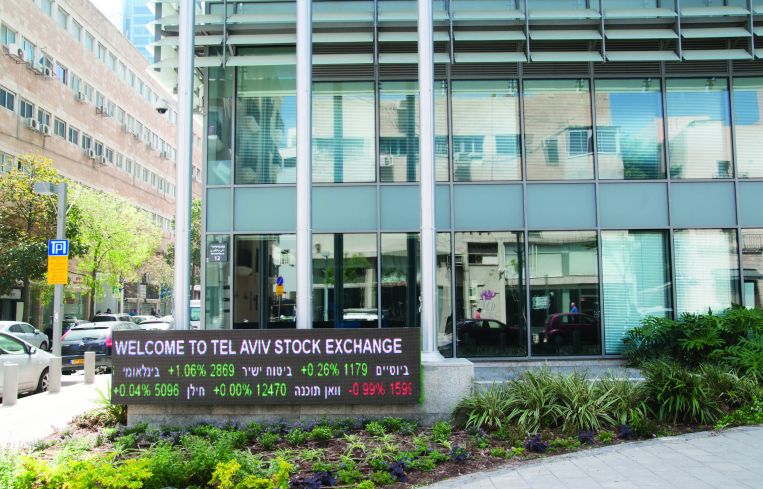Cornerstone Borrows $40M in Israel at a Record-Low Rate
By Matt Grossman September 24, 2019 10:44 am
reprints
Unsecured-debt investors in Tel Aviv have paid a strikingly high price to buy short-term bonds from a small U.S. multifamily developer, a sign that Israel’s important debt market could be recovering steam after a down period.
According to documents filed with the Tel Aviv Stock Exchange, Cornerstone Group is borrowing $40 million for just over four years and will pay only 3.08 percent interest. That’s the lowest rate that an American real estate company has ever paid for Israeli debt. What’s more, Cornerstone had initially planned to borrow only $30 million at rates as high as 4.2 percent, but found that offering oversubscribed at that price.
“The offers that we got and the demand we got for our bonds is a testament to the fact that our company is very stable,” said Jorge Lopez, one of Cornerstone’s co-founders. “We keep our leverage very low; very conservative.”
But beyond its implications for Cornerstone as an issue, the deal also represents a rebound after several months of slower activity, according to Yossi Levi, a partner at Infin Capital, which advised Cornerstone on the deal.
“The appetite to lend to a high-quality U.S. operator is strong,” Levi said. “It’s a very cash rich market,” he added, noting that Israel’s mandatory pension program requires workers to save large portions of their salary, which created a glut of investment capital.
Cornerstone, based in Hollywood, Fla., mostly builds affordable housing in and around Miami.
Over the last decade Israel’s bond market has become an increasingly important capital source for American real estate companies: Moinian Group, Starwood Capital Group and Silverstein Properties are just some of the most notable borrowers.
In addition to its investor pool, an inflation rate that’s much lower than American levels has also supported the appeal of the Middle Eastern country’s debt markets. American inflation is low too — at just under 2 percent — but in Israel, yearly rates in recent months have hovered around half that level. Lower inflation enables cheaper debt because it raises lenders’ expectations of the value of the currency with which they’ll be paid back in the future. That gives them the assurance to lend with less interest compensation.
With additional reporting by Chava Gourarie.
Correction: A previous version of the story stated that the interest rate on the bonds was 3.09 percent. The actual rate is 3.08 percent.



